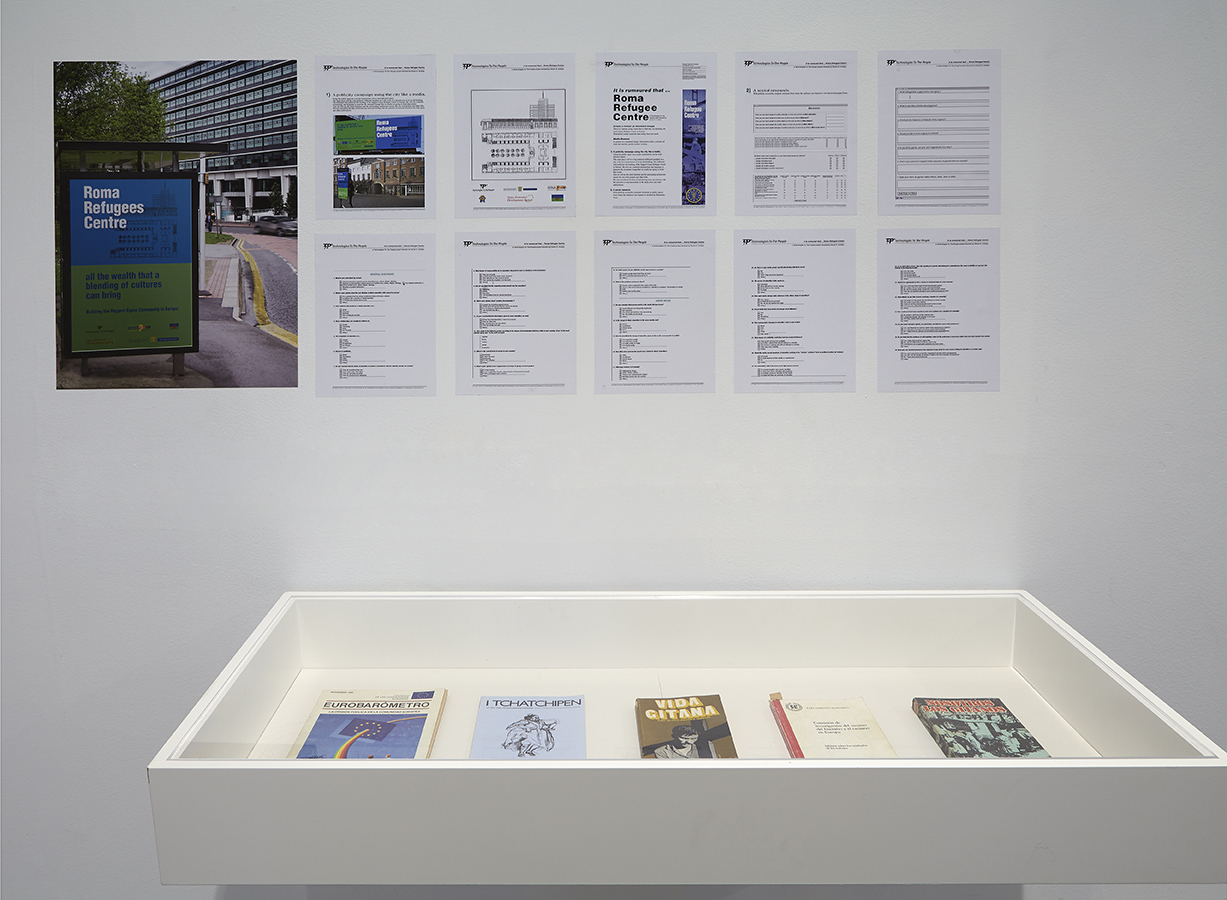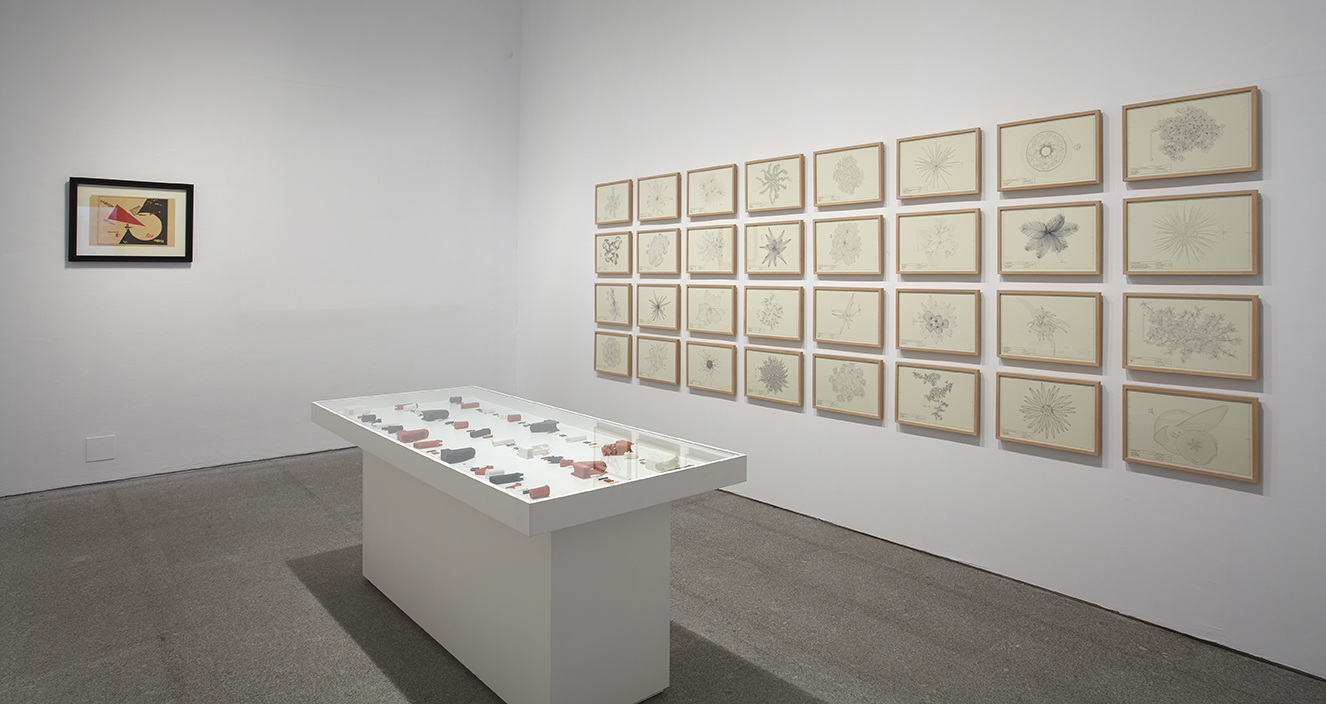Estamos vigilando—We are watching, 1992
Urban space is a system, and like most systems of contemporary society
it is programmed according to political protocols of order and rationalization.
Furthermore, urban space is programmed according to
commercial protocols that work to transform citizens into consumers.
But like any system, urban space can be hacked and reprogrammed
according to otherwise unruly logics of critical and creative practice.
On multiple levels, even. The intervention of The Low Tide Group on
the beach of San Sebastian is an example of such a practice. By writing
giant slogans in the sand, the intervention subversively rediscovered
the banned activity of advertising on the beach. The point was
not to sell products, however, but to encourage the public to reflect
on the very protocols that control urban space. One slogan in particular
captures the concept of the intervention: “WE ARE WATCHING.”
The slogan mimics Big Brother’s omnipresent message to the public
in George Orwell’s novel 1984 (1948). Only this time, the public is
watching the system. As such, the slogan mirrors a vigilant public
that in the tradition of civil disobedience challenges the system rather
than passively accepts it. The slogan was not only written in the beach
sand but distributed around the urban space in the form of stickers
placed on lampposts, doors, signs, windows, and so on. The point of
the tactic was clear: The watching public is everywhere. Some years
later TTTP would produce a series of merchandise with the related
slogan “Watch the Watchers.” The relevance of being vigilant has
only increased dramatically since the beach slogans were washed out
by the high tide. At a time when our activities in urban space—in real
life as well as online—are not only being watched but stolen and sold,
we have all the more reason to mistrust the system of watchers and
keep an eye on its every move. Eventually, this is the hope expressed
by TTTP at least, watching the watchers will empower the public to
change the workings of the system toward more openness.


